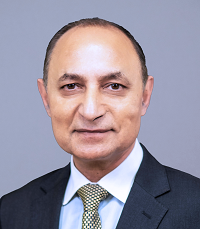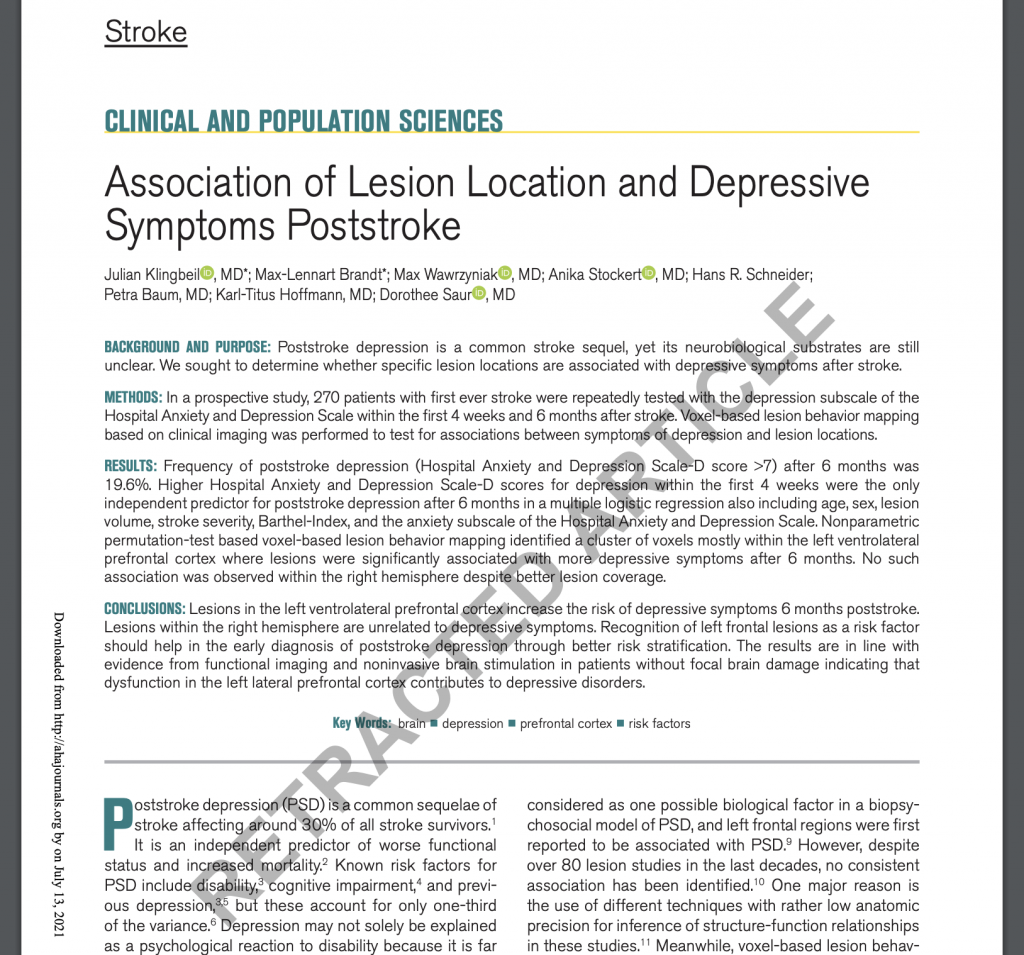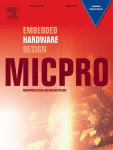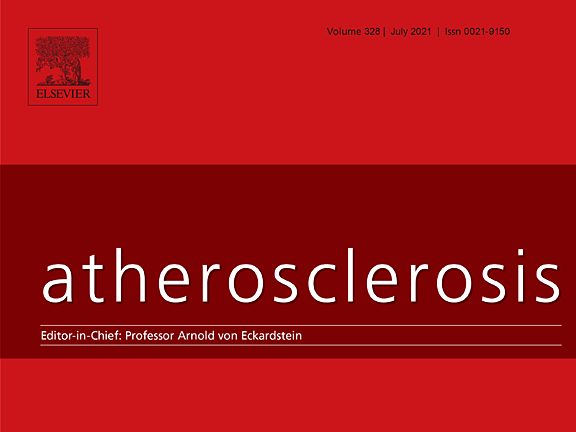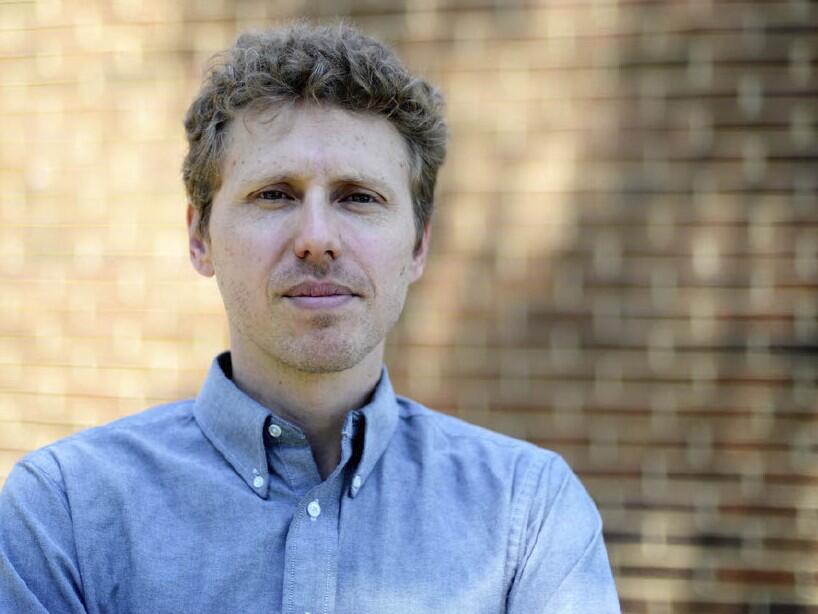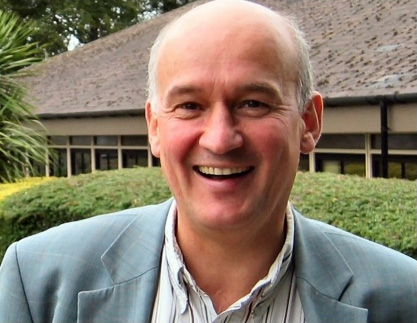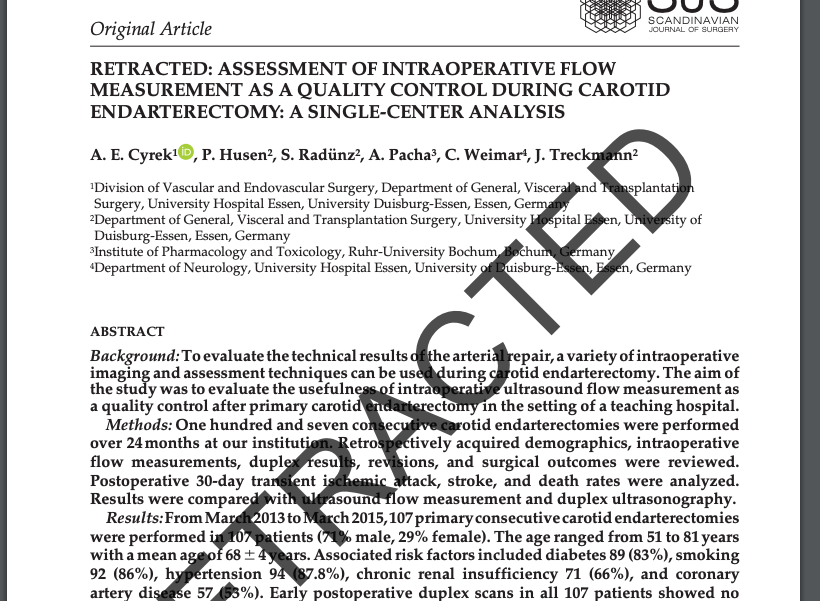
A group of surgeons in Germany have retracted a 2020 paper for several errors and because a senior researcher says he should have been included as a co-author.
The article, “Assessment of Intraoperative Flow Measurement as a Quality Control During Carotid Endarterectomy: A Single-Center Analysis,” appeared on the website of the Scandanavian Journal of Surgery in early November. The authors, led by Anna Cyrek, were affiliated with the Division of Vascular and Endovascular Surgery at University Hospital Essen.
According to the retraction notice:
Continue reading Should a researcher who was no longer at an institution when a study began be a co-author?